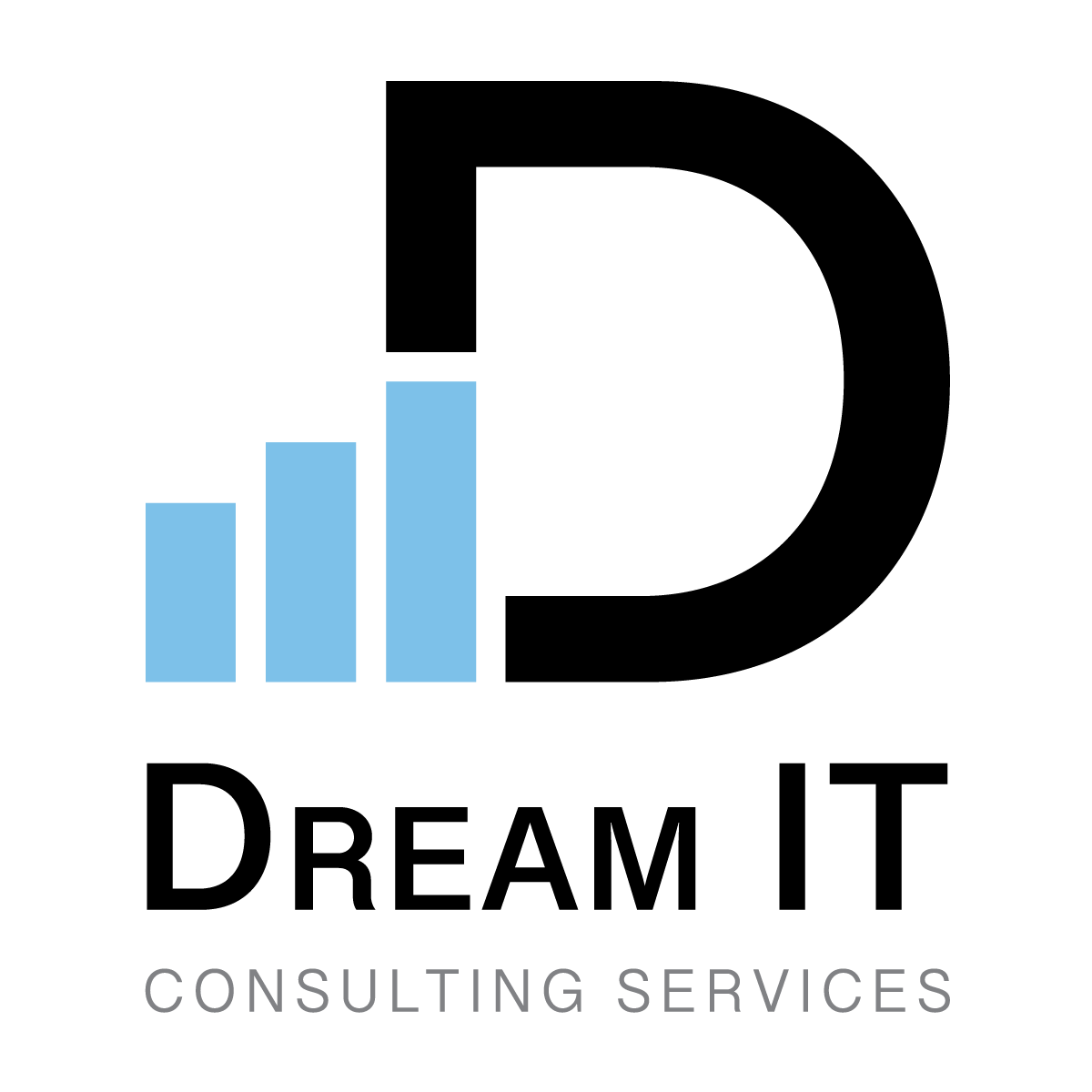What is Data Governance in Healthcare: The Fine Line Between Innovation & Regulation

Healthcare data could hit 10,000 exabytes by 2025. Can you handle the risks that come with more data?
Healthcare organizations today face a challenge: digital change brings better patient care, but also brings regulatory, ethical, and operational issues. To balance innovation and compliance, healthcare needs strong data governance.
This isn't just helpful-it's crucial. Statista says global healthcare data will grow from 2,314 exabytes in 2020 to over 10,000 exabytes by 2025. Without the right system, this huge growth can cause data silos, slow decisions, break compliance rules, and even put patients at risk.
So how do healthcare organizations strike a balance between quick digital advancements and the protective measures of regulatory oversight like HIPAA and GDPR? The solution can be found in a strong health data governance plan.
Why healthcare now requires more…
data governance than ever before…
There are some major challenges here that currently disrupt healthcare data management:
1. Inconsistent and fragmented patient data
Data often lives in separate systems-AHR, lab platform and billing tools-no standardized integration. This overall patient makes the insight difficult, delays diagnosis and increases administrative burden.
A 2023 report by Accenture showed that 59% of healthcare officials cited fragmented data as a top barrier for patient-focused care.
2. Regulatory compliance risk
U.S. In, the cost of HIPAA violation may be $ 1.5 million per event, while in the European Union, GDPR violations may be more as € 20 million or 4% as global annual trading - whichever is higher. Non-transportation not only causes financial loss, but can also severely damage the patient's trust.
For example, in 2021, a French medical software firm, Deadlas Biology was fined € 1.5 million under GDPR for failing to secure sensitive health data.
In 2014, NewYork–Presbyterian Hospital and Columbia University paid $ 4.8 million in HIPAA punishment after accidentally accessing the patient's data online.
3. Data Silos and Interoperability Challenges
Many departments and systems work in separation. This not only disrupts healthcare data management, but also affects AI innovation and prepaid analytics, both rely more on integrated, clean data

Smart-Solution
Strategic data governance in healthcare
The outline of strong governance helps you transfer data from data chaos to data clarity.
- Increase in data quality
Applying clear data governance standards ensures accuracy, perfection and uniformity at all touchpoints - from medical records to analytics dashboard.
- Regulatory compliance inherent
HIPAA, GDPR, and other rules can reduce healthcare organization risks and automate compliance, by embedding rules in governance policies.
- AI and Innovation Promotion
High quality data and metadata management feeds powerful AI tools that lead to patient treatment, forecasting hospital resources needs and solving diagnosis.
Organizations with mature governance practices are 250% higher than their data initiative (Informatica, 2024)
Effective healthcare data management key captains of governance
To ensure success, your governance strategy must include the following:
- Data Catalogue: Integrated view of data assets with searchable metadata.
- Dynasty and Audit Trails: Where does the track come from, where does it go, and how does it change.
- Role-based access control: Protect sensitive information by applying access to need.
- AI-powered policy engine: automate rules enforcement in structured and unstructured data.
- Monitoring of the event: Get real-time alerts on policy violations, unauthorised access, or quality issues.
Build, Govern, Innovate : The Dream IT’s Formula for Smarter Healthcare
In Dream IT, our data analytics consultants specialize in the construction of a flexible data governance framework for the healthcare industry.
We add Microsoft Azure tools, advanced data cataloguing and AI-operated compliance engines to give full visibility and control over our health data ecosystems.
We help you:
- Modernize heritage systems and unite silent data
- Integrate compliance by design in your workflows
- Use a real-time dashboard to monitor and rule data usage
- Enable AI Analytics for safe accurate care and future insight
ALSO READ: How Real-Time Analytics is Reshaping Patient Care
Got questions about data governance in healthcare? We’ve Got Answers
1) What is data governance in healthcare?
It is a structured structure to gather, manage and secure patient and operating data, ensuring compliance with rules such as HIPAA and GDPR.
2) Why is data governance necessary in healthcare?
It ensures accurate patient records, enables data-driven clinical decisions, reduces compliance risks, and reduces the innovation of powers such as AI diagnostics and individual medicine.
3) How Does Dream IT Help?
Data analytics consultants advisors assess your current infrastructure, align governance strategies with industry rules, and apply scalable platforms such as Azure to manage your health data efficiently.
4) What is the difference between data privacy and data governance?
Confidence refers to the patient's information to protect the patient from unauthorized access, while the regime is a broad outline that includes privacy, security, quality and compliance management.
From compliance to confidence: Why Healthcare Leaders Trust Dream IT
Digital changes in healthcare are unavoidable, but without a correct data regime, it can be dangerous.
Whether you want to adopt AI Diagnostics, streamline your patient workflows, or comply with global privacy laws, governance is your foundation. And Dream IT is your partner in making it.
Share with your community!










